#african people
Explore tagged Tumblr posts
Text

🇧🇯
1K notes
·
View notes
Text
Did you know that white people make up only 7% of the global population? This thought-provoking question was raised by Yaya, a biracial woman, in a viral social media video. She shared her surprise that so many people, herself included, were unaware of this fact. Yaya reflected on how such a small percentage holds disproportionate global influence, stressing that white supremacy persists not because the numbers support it, but because it is actively allowed. Her video sparked widespread conversations about power, privilege, and representation. If Black people are the global majority, how can African people, both on the continent and in the diaspora, unite to dismantle white supremacy and build a more equitable future?
@pastperfectwithyaya
#global majority#black people#african people#poc#end white supremacy#black lives matter#blacklivesmatter#black history#black unity#black first#africa#AfricanDiaspora#AfricanAmerican#BlackAmerican#AfroLatina#AfroLatino#AfroCaribbean#AfricanCanadian#AfroCanadian#AfroEuropean#Blaxit#BlackBritish#PanAfrican#PanAfricanism#PanAfricanist#GlobalMinority#GlobalMajority#WhiteSupremacy#black empowerment#black liberation
491 notes
·
View notes
Text

The entire TikTok after Black Americans were gone for a half of day...
We are the culture of ALL of social media...PERIOD!
#tiktok#tiktok refugee#tik tok ban#black content creators#black tiktok#rednote#black creators#black americans#black people#afro latinos#african people#black women#african women#afro latinas#caribbean#africa#black beauty#black girl magic#explore#black
15 notes
·
View notes
Text

THE ESSENTIAL KAFIR by Dudley Kidd. (London: A. and C. Black, 1904). Illustrated with photos by the author.








source
#beautiful books#book blog#books books books#book cover#books#vintage books#illustrated book#book design#victorian era#xhosa#pondo#zulu#african people
20 notes
·
View notes
Text
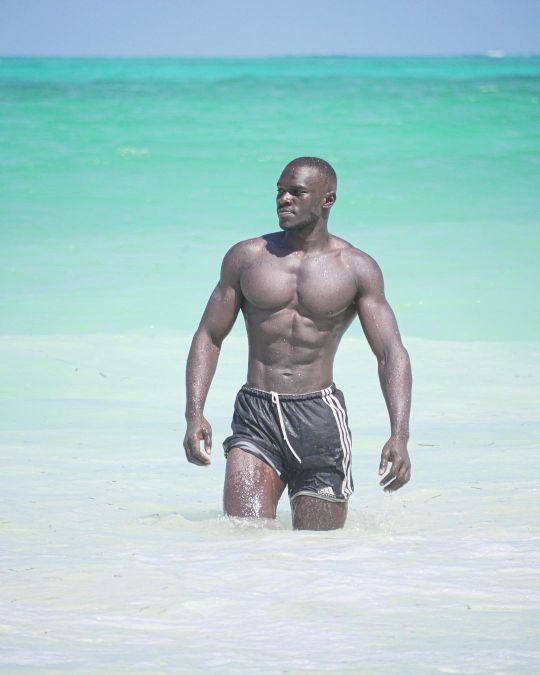
#@a_k_da_don#blackisbeautiful#blackmen#uganda#africa#africans#african people#africanculture#africanheritage#afrocentrism#panafricanism#blackpeopleworldwide#fitness#fitnesslife#black fitness#blacktumblr
67 notes
·
View notes
Text

#namibia#himba#spitzkoppe#indigenous#tribe#song#indigenous people#himba tribe#dance#namibian#tribal#tribal dance#nomadic#nomadic people#culture#deaddress#desert#travels#desert people#editorial#split tone#africa#african#african people#tribal people#namibian people#travel blog#clap#editorial photography#landscape
40 notes
·
View notes
Text

#africa#african#map#maps#africa map#african population#density#african countries#african culture#nigeria#niger delta#south africa#cameroun#kenya#malawi#egypt#marocco#algeria#ghana#congo#african people
9 notes
·
View notes
Text
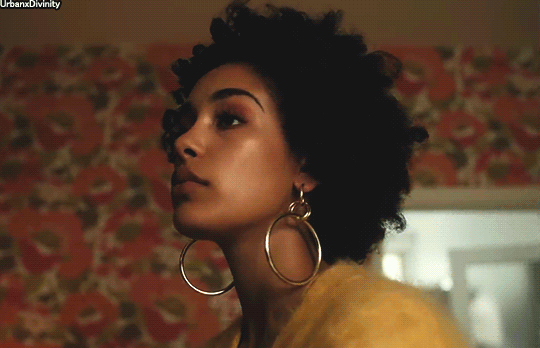
#african#afrakan#kemetic dreams#africans#brownskin#afrakans#brown skin#african culture#afrakan spirituality#Igbo#yoruba#African people#African peoples#west African#epic video
110 notes
·
View notes
Text
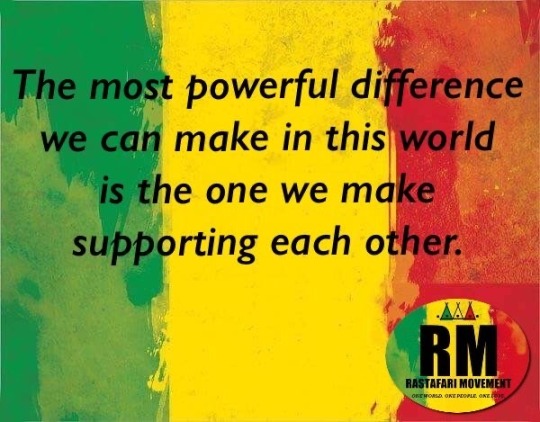
40 notes
·
View notes
Text

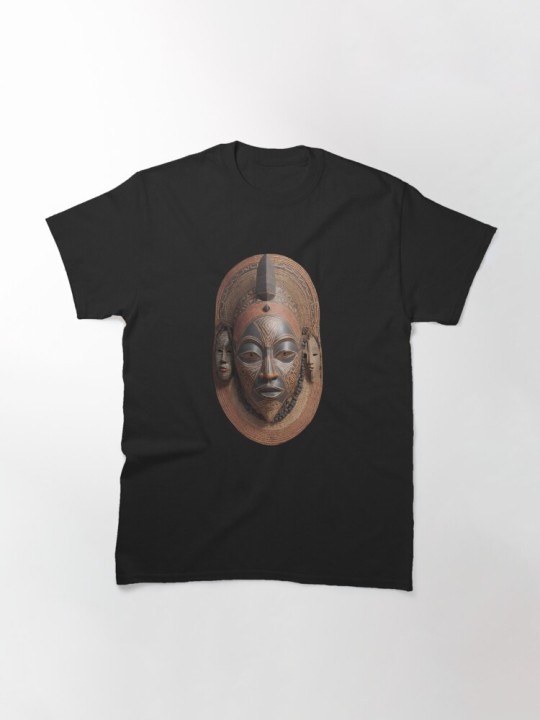

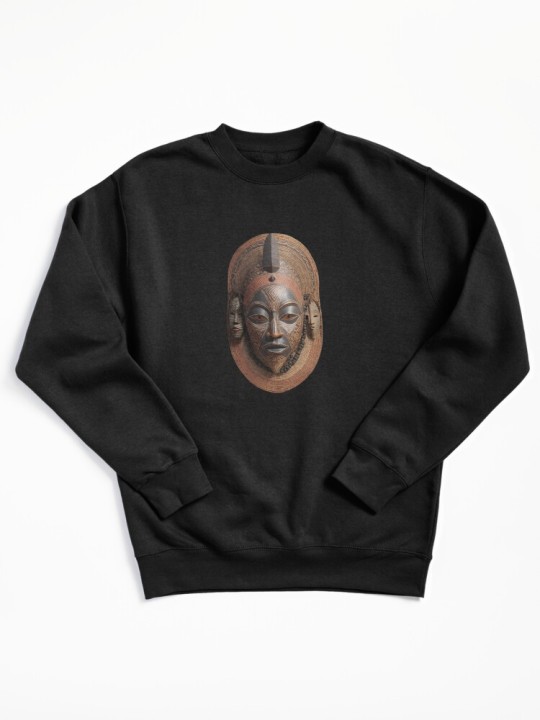
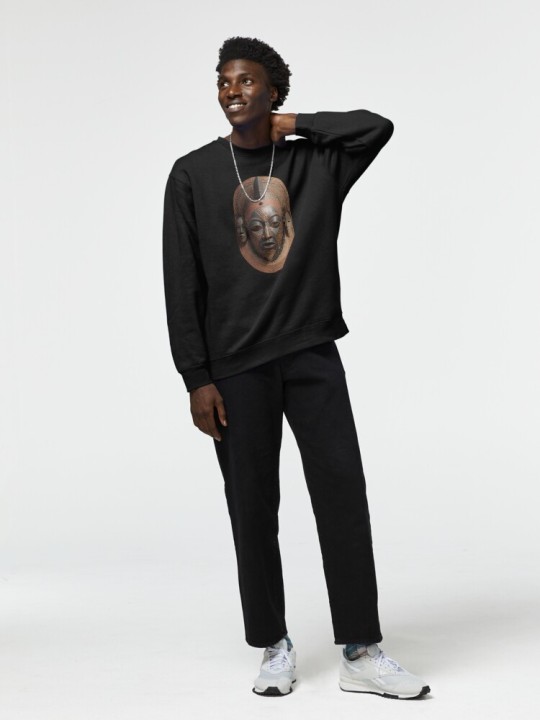



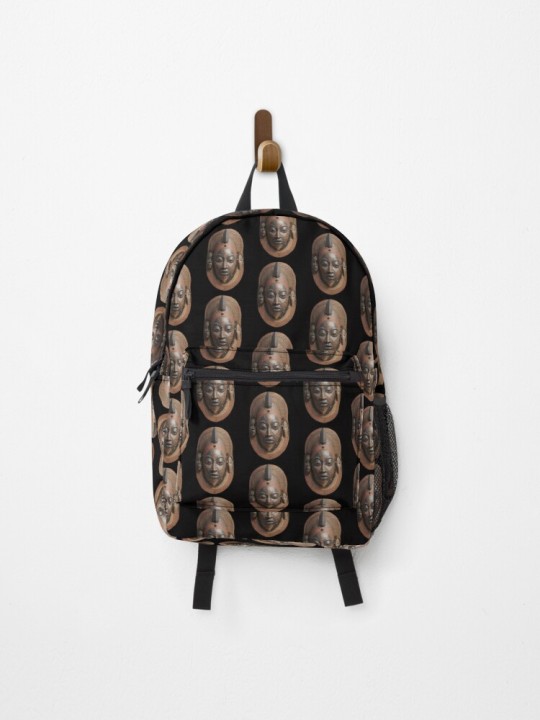


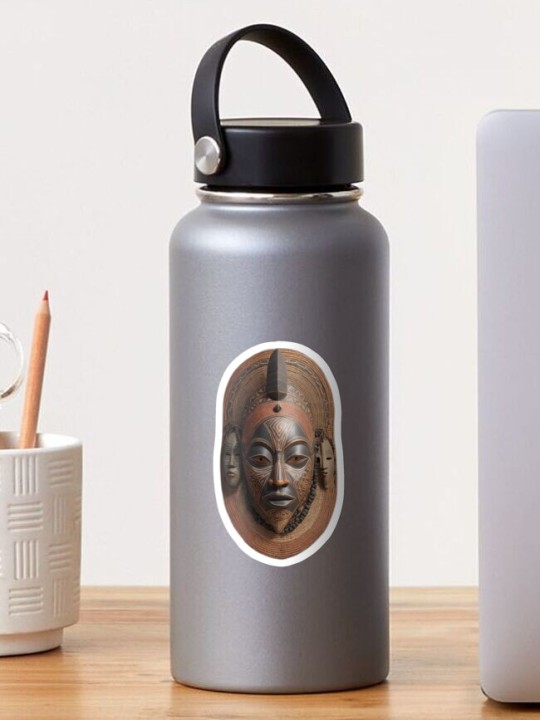

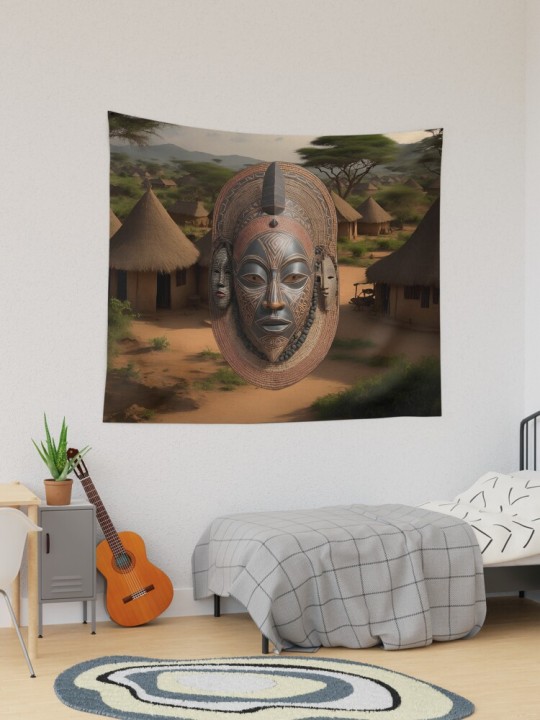
African Mask 2
Available in T-Shirt, Pullover sweatshirt, Graphic T-shirt dress, socks, backpack, iPhone case, iPad case, sticker, metal print, tapestry... these are just some, there is much more by clicking the link
#africa#african#african culture#african mask#african tribe#african people#tribal#black people#black culture#african warrior#african king#african art#african man#african men#native#t shirt#socks#iphone#ipad#sticker#print on demand#suits#men in suits
10 notes
·
View notes
Text
Burkina Faso's Bold Move To Pay Off Debt
In 2024, Burkina Faso made a major stride in its pursuit of financial independence by repaying 3,000 billion FCFA (around $4.79 billion) of its domestic debt. While this marks a significant achievement for the country, it doesn't erase all of its financial obligations. As of the end of 2023, Burkina Faso's public debt was 55.6% of GDP, with expectations to rise to 57.2% in 2024.
Despite still holding over $1.99 billion in outstanding bonds, President Traore is pushing for greater economic sovereignty. By rejecting financial assistance from the IMF, Burkina Faso is taking bold steps towards reducing its reliance on external creditors, prioritizing self-reliance over foreign intervention.
This development underscores the ongoing challenges and aspirations for economic independence in Africa.
What did you guys think? Let us know in the comments.
Follow @authentic_african for daily posts on African News, History, and Pop Culture
#ibrahim traoré#burkina faso#freedom#black people#african people#blacklivesmatter#black lives matter#africa#afrika#colonialism#anti colonization#colonial history#fuck colonizers#racial injustice#end white supremacy#niger#senegal
263 notes
·
View notes
Text

#african culture#african history#african people#black history#black people#blacktumblr#black tumblr#black#pan africanism#black conscious#africa#black power#black empowering#black culture
30 notes
·
View notes
Text
On this page, everyone is welcomed. You can send me any message you want. If you don't like a character or is a big fan of one, you are also welcomed. Here, I accept different opinions and points of view. If you are a hater and likes to stalk my page, please get some help.

#welcome#page#different people#diversity#different opinions#different point of view#opinions#points of views#lgbtq#lgbtqia#black people#white people#asian people#african people#indian people#different cultures#characters
15 notes
·
View notes
Text

Janus-Faced Helmet Mask (Ngontang), Fang peoples, Late 19th-early 20th century
#african masks#african art#african artists#african people#fang people#african culture#african history#african spirituality#art on tumblr#aesthetic#history#beauty#wood carving#art history#aesthetictumblr#tumblraesthetic#tumblrpic#tumblrpictures#tumblr art#tumblrstyle
18 notes
·
View notes
Text
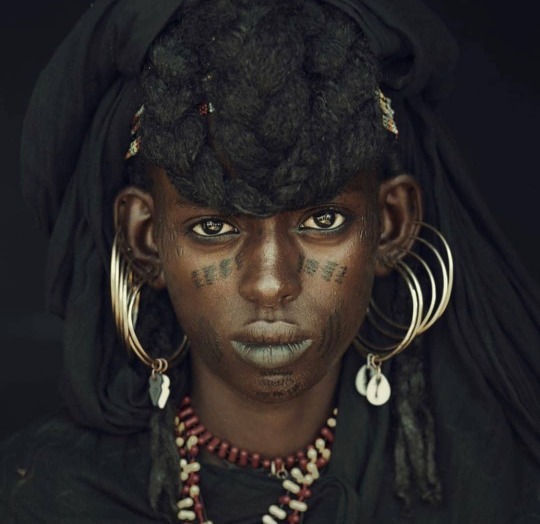
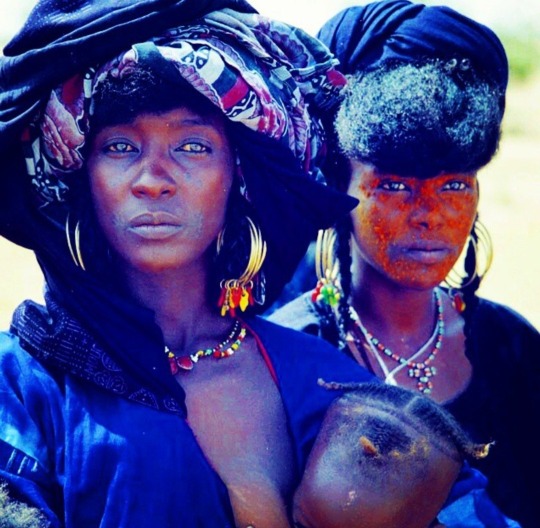
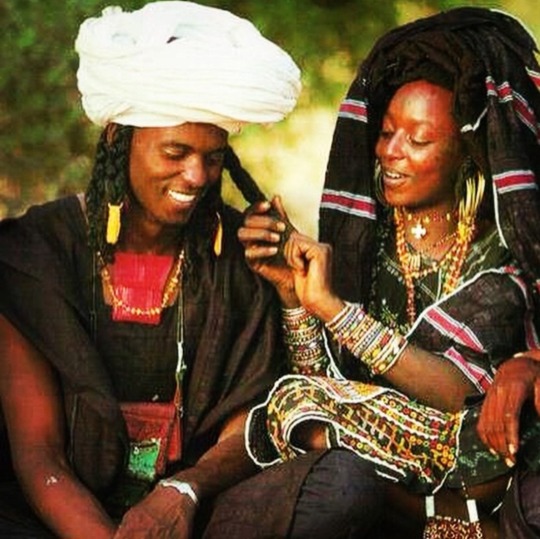
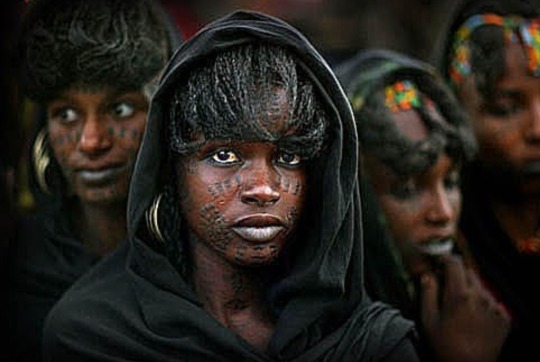
26 notes
·
View notes
